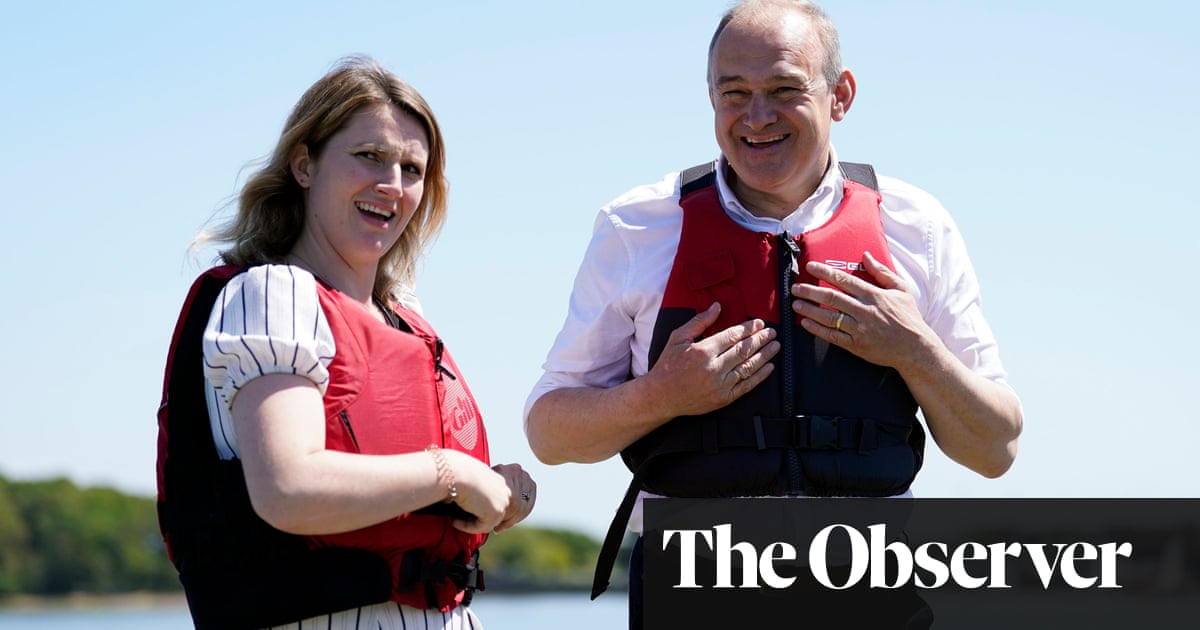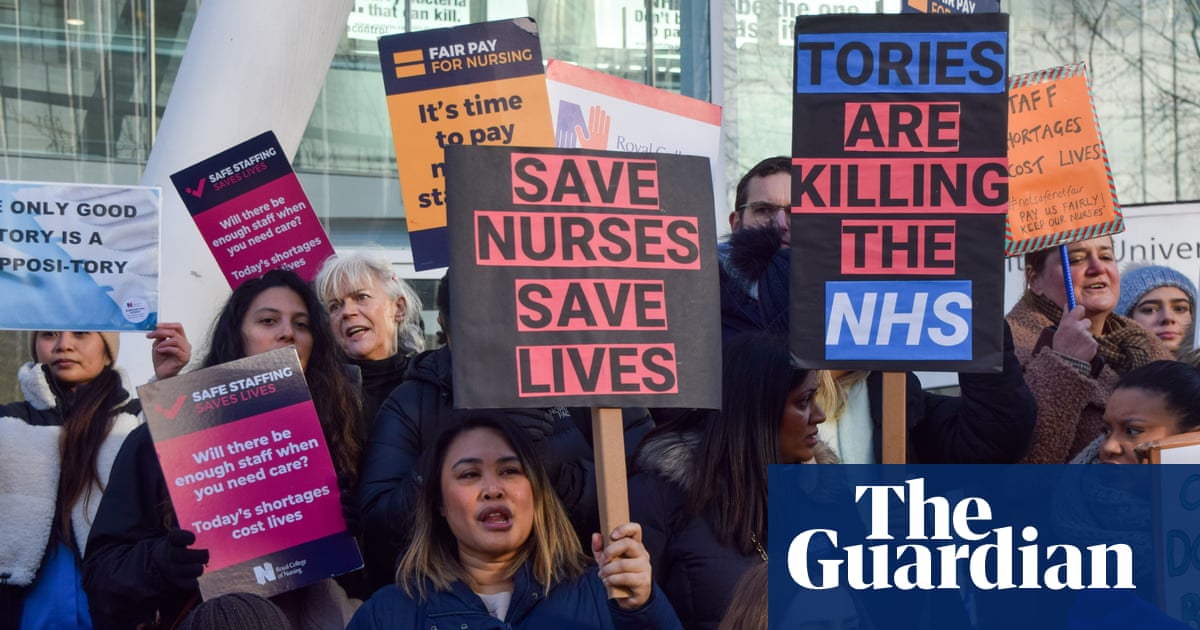
It may seem an unlikely electoral secret weapon, but as the Liberal Democrats gather for their spring conference this weekend, polls and canvassing have highlighted an issue the party hopes can help secure soft Tory votes: sewage in rivers.
Described by one official as the rural equivalent of air quality in cities, the problem of privatised water companies discharging raw sewage has, Lib Dems say, become electorally toxic for the government, and could push more Conservative-held seats the party’s way.
The conference, which will be online apart from a speech by the leader, Ed Davey, is the party’s first gathering since its stunning win in December’s North Shropshire byelection, a result that the Lib Dems say means they can target Tory constituencies beyond “blue wall” commuter belt areas.
Davey, who will speak in York on Sunday, will push hard on cost-of-living issues, and will also present a plan to use revenue from an increased digital services tax on tech firms to pay for a dedicated counsellor in every primary and secondary school.
But Lib Dem officials say one issue that is repeatedly being raised during canvassing for local elections in May is that of sewage, particularly after the government rejected an amendment to the environment bill last year intended to greatly curb discharges into rivers and streams.
Many Conservative MP faced a backlash after voting against the amendment. The government replaced it with a measure that, campaigners said, was notably less stringent for water companies.
Recent polling for the Lib Dems showed that 36% of UK voters said they would be less likely to vote for an MP who did not support a ban on raw sewage dumped in rivers, rising to 41% of those who voted Conservative in 2019.
One of the Lib Dems leading on the campaign is Pippa Heylings, who runs an environmental advisory business and is the party’s candidate for South Cambridgeshire, where the Tory MP, Anthony Browne, has a majority of less than 3,000.
“The number of people who have written to me, or who raise it on the doorstep – this touches a nerve across all people, and all parties,” said Heylings, who is a district councillor and has been canvassing for the elections in May.
“There is this deeply held sense that this should be clean water. It was building up before we started campaigning on it. But it really came to the surface when the environment bill was going through, with the amendment to stop raw sewage going into rivers. People wrote to me saying they were disgusted that Conservative MPs hadn’t made the commitment for it to stop.”
The Lib Dems wins in North Shropshire and in the Chesham and Amersham byelection, nine months ago, gave rise to the idea of a blue wall of vulnerable Tory seats. Canvassers in both seats reported that traditional Conservative voters felt neglected, and said they disliked Boris Johnson.
Heylings said this was also the case over sewage discharges, and that many longtime Tory voters were still aghast at the police investigation into alleged lockdown-breaking parties in Downing Street.
“They just think they’ve been taken for granted, in favour of cronyism and big bonuses for water company bosses who are not doing what they should be,” she said.
“When we’re on the doorsteps, people are saying: ‘Yes, yes, we’ve got to think about potholes – but what are you going to do to get rid of Boris Johnson?’ These are people who have voted Conservative all their life, but can’t vote for him and his lot.
“It’s fascinating people are saying that at a local election. It’s door after door. The blue wall is real.”












